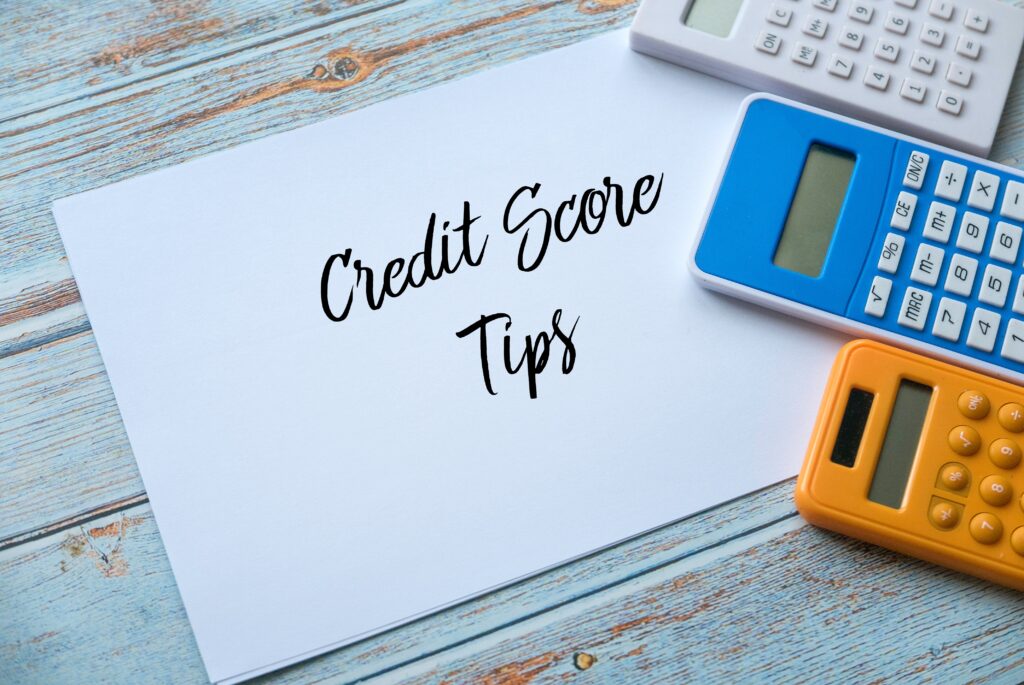
Chapter 13 bankruptcy attorneys in Colorado Springs know that when you’re trying to keep your head above water, your credit score can get put on the back burner.
A late bill here, an unexpected expense there – it all begins to snowball. Some of things may be beyond your control. However, there are likely other actions you are taking that you may not even realize are negatively impacting your score.
A Chapter 13 bankruptcy works to help reduce the risk of a plummeting credit score while simultaneously helping you wipe out your debt. That said, working to rebuild your score going to be in your best interest and speed up your financial recovery.
Here is what you DON’T want to do:
1. Consolidating your credit. Now, if you’re going through a Chapter 13, that actually is a form of debt consolidation. It’s putting all your debts into a lump sum that you agree to pay back over a set period of time. But a credit consolidation is a little different. This is a way for banks to make money, and what they do is consolidate all your debts into one big, new loan. The general principal is that you are given a lower interest rate. The problem is that wiping out your old debt can actually hurt your credit score, which is partially calculated based on the length of your credit history. If you close all the old ones and put it into a new one, that could cut your score significantly.
2. Shopping around for your credit. Yes, you’re going to want to get the best deal when it comes to credit cards, car loans and mortgages – particularly if you are being mindful in the wake of a bankruptcy. But making a lot of requests for your credit score in short order could reduce your overall score.
3. Refusing to pay. This is a particular issue that comes up if you are disputing a charge, whether due to a product being faulty or because you feel the charge was unfair or unwarranted. Those marks can stay on your credit score a long time, so it’s best to try to work those out with the vendors as soon as possible.
4. Cancelling your credit cards. This may sound like a smart move, particularly if what got you into debt in the first place was racking up credit card debt. However, credit scores are calculated using the amount of debt you have versus the amount of credit available to you. So even if you pay off the card, it could be in your favor to keep it active so that you have credit available to you that you aren’t using. That looks good on your score.







